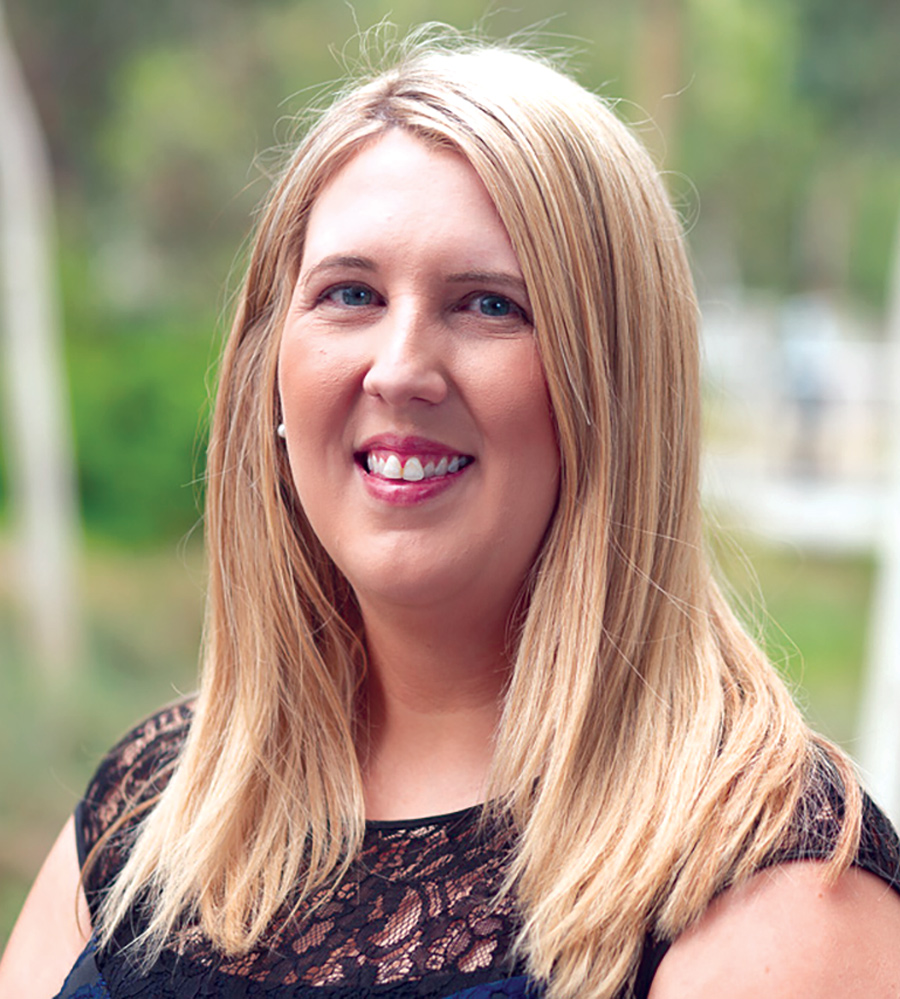 Catherine Hughes and her husband Greg became unexpected vaccination advocates in 2015, after losing their 32-day-old baby son Riley to whooping cough complications.
Catherine Hughes and her husband Greg became unexpected vaccination advocates in 2015, after losing their 32-day-old baby son Riley to whooping cough complications.
Six years ago, I held my tiny baby as he succumbed to pertussis, too young to be vaccinated.

Five years ago, I had coffee with a mother who shared with me the painful story of losing her daughter to SSPE (subacute sclerosing panencephalitis) caused by the measles she contracted at 11 months of age.
Four years ago, I met a beautiful family who move mountains every day to ensure their son, who lost his limbs to a meningococcal infection, can live a normal life.
Three years ago, I connected with a brave mum whose young, immune-compromised daughter had unexpectedly passed away in the night from a HiB infection.
Two years ago, I hugged a man who had lost his elderly father to invasive pneumococcal disease.
One year ago, I became friends with another West Australian mum who had lost her gorgeous and vibrant two-year-old daughter to influenza complications.
And this year? Unsurprisingly, it’s the tragic stories emerging from families who have lost loved ones to COVID that are breaking my heart.
There’s no doubt that losing my son propelled me into vaccine advocacy, but ultimately it’s due to these other devastated families that I choose to continue this challenging journey.
Their heart-wrenching stories – coupled with the compelling evidence that backs up the safety and efficacy of vaccination – makes immunisation advocacy a very clear and sensible choice for me.
Nobody should suffer from a disease that can be so simply prevented by a needle, and my mission is to encourage others to stand up and advocate for immunisation, whether they’re a doctor, teacher, parent or grandparent. Vaccination has become a ‘dinner-table’ conversation, and the whole community has an important role to play in immunisation advocacy.
My son lived for 32 days before he lost his life to pertussis. It was just the day after his death that we were contacted by anti-vaccine activists, who have harassed us for years. They accused us of being paid actors or claimed that we were lying about his cause of death, or that the doctors were lying to us.
My husband and I quickly realised that the painful reality of our son’s death was extremely confronting for parents aligned with the anti-vaccination movement. After all, our son was unvaccinated (due to his age) and had died from a vaccine-preventable disease – so for many vaccine-rejecting parents, it was easier and ‘safer’ for them to construct or believe a far-fetched, alternative reality.
Although the Australian anti-vaccine movement can be extremely vocal at times, it’s reassuring to know that they are in the minority because 95% of Australian parents choose to vaccinate their children. We can only hope that this sensible approach is reflected in the upcoming COVID vaccination rollout.
What’s far more common than anti-vaccine activists are the everyday people who have some pretty legitimate questions or concerns about vaccines (often referred to as the ‘vaccine hesitant”). This is where our work as immunisation advocates needs to focus on – those who are ‘on the fence’ about vaccines, and whose minds we can potentially sway.
So how do we sway these genuinely hesitant or curious individuals? There isn’t a one-size-fits-all model, and often multiple strategies are needed.
When I work with parents who are worried about vaccinating their children, I use a combination of emotive stories and evidence-based information that is in tune with the level of detail the person would like. I draw the conversation back to the risks of the disease, reminding them why vaccination is so highly recommended, and leave them plenty of space and time to ask questions or share their thoughts.
In these conversations, the vaccine-hesitant tend to want three things – they want to be heard, they want their information needs appropriately met, and they want to feel that it’s OK to have questions about vaccines. Patience is the key, and the conversation is as much about building rapport and trust as it about discussing vaccines.
Now, more than ever, it’s crucial that we consider the role that we can all play in advocating for vaccination and think about ways we can effectively communicate with our friends, family, neighbours and patients who may have questions or hesitations about the COVID vaccine.
After all, it’s not vaccines themselves that save lives, but the process of getting people vaccinated.
All the effort in the world can be made into vaccine development, production and distribution, but if we fail to invest efforts to bolster community confidence in the vaccine, the battle to prevent COVID and save lives becomes so much harder.
ED: Catherine is co-founder and director of Immunisation Foundation of Australia.

